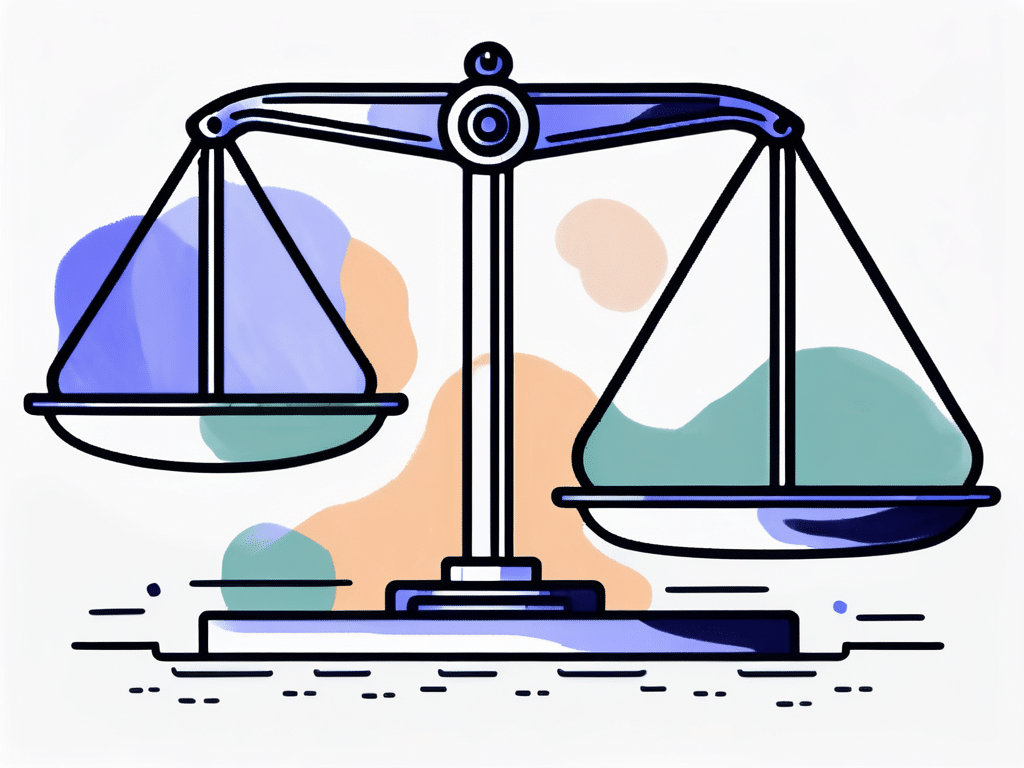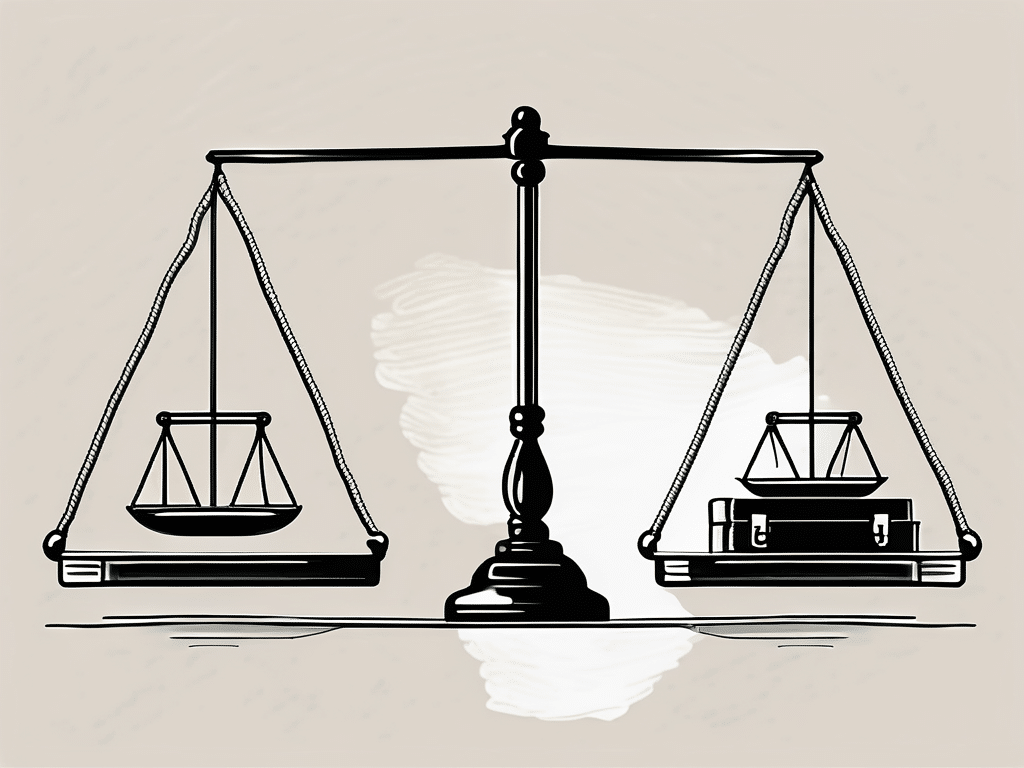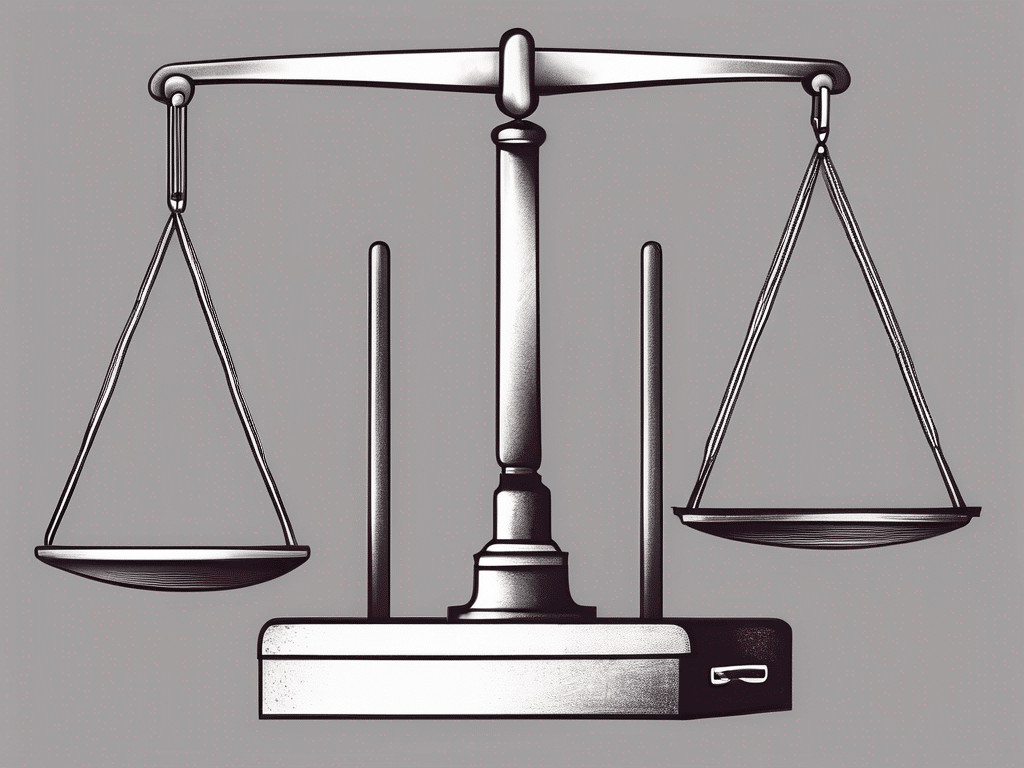In today’s digital age, businesses are increasingly relying on databases to manage their vast amounts of information. However, many business owners are left wondering if they need a Database Administrator (DBA) to effectively handle their data management needs. In this article, we will explore the role of a DBA in business, evaluate the factors that determine whether your business needs one, and discuss the pros and cons of hiring a DBA. We will also explore alternatives to hiring a full-time DBA and provide guidance on how to make the decision that best suits your business’s specific needs.
Understanding the Role of a DBA in Business
Before delving into whether or not you need a DBA for your business, it is important to first understand what a DBA is. A DBA, or Database Administrator, is a professional responsible for the management, maintenance, and security of a company’s databases. They play a crucial role in ensuring the smooth operation of the database systems that store and organize business-critical data.
DBAs are highly skilled individuals who possess a deep understanding of database management systems and technologies. They work closely with other IT professionals, developers, and business stakeholders to ensure that the databases meet the organization’s needs and adhere to best practices in data management.
Defining a DBA
At its core, a DBA is responsible for the overall performance, integrity, and availability of the databases they manage. They are skilled in database design, implementation, and optimization, as well as data backup and recovery strategies. A DBA also monitors and troubleshoots any issues that arise, ensuring that the databases operate efficiently and reliably.
Moreover, DBAs are responsible for staying up-to-date with the latest trends and advancements in database technology. They continuously evaluate new tools and techniques that can improve database performance and security, keeping the organization at the forefront of data management practices.
Key Responsibilities of a DBA
The responsibilities of a DBA can vary depending on the size and complexity of a business. However, some common duties typically include:
- Database design and creation
- Data modeling and optimization
- Ensuring data integrity and security
- Performing regular backups and implementing disaster recovery plans
- Monitoring database performance and resolving any performance issues
- Implementing and maintaining data access controls
- Providing technical support and troubleshooting
Additionally, DBAs collaborate with other teams within the organization to develop and implement data governance policies and procedures. They ensure that data is handled in compliance with industry regulations and internal standards, mitigating risks associated with data breaches and ensuring data privacy for customers and stakeholders.
Evaluating Your Business Needs
When considering whether your business needs a DBA, there are several factors to assess. Firstly, consider the size and complexity of your business.

Size and Complexity of Your Business
If your business deals with large volumes of data or has complex database requirements, having a dedicated DBA can be invaluable. They possess the experience needed to ensure your databases are designed, optimized, and maintained to support your specific business needs.
Moreover, as your business grows, the volume and complexity of data will likely increase. This growth can lead to performance issues, data inconsistencies, and security vulnerabilities if not managed effectively. A skilled DBA can proactively address these challenges, implementing scalable solutions and best practices to support your business’s evolving data needs.
Additionally, in today’s digital landscape, businesses are increasingly reliant on data-driven insights to gain a competitive edge. A proficient DBA can not only manage your databases but also analyze data trends, identify opportunities for optimization, and enhance decision-making processes based on data-driven strategies.
Your Business’s Data Management Needs
Another crucial factor to consider is your business’s data management needs. Are you handling sensitive customer information? Do you require real-time access to data for critical decision-making? If your business heavily relies on data and cannot afford any breaches or downtime, having a DBA can provide the necessary experience to ensure data is secure, available, and properly managed.
Pros and Cons of Hiring a DBA
As with any business decision, hiring a DBA has its advantages and potential drawbacks. Let’s explore both sides of the coin.

When considering the advantages of having a Database Administrator (DBA) on your team, it’s essential to recognize the depth of knowledge and experience they bring to the table. DBAs are skilled professionals who are well-versed in data management best practices. By leveraging their experience, you can optimize your database performance, leading to improved efficiency and reliability in handling your organization’s data. Moreover, DBAs can offer valuable insights and recommendations for scaling your database infrastructure as your business expands, ensuring seamless operations and data management.
Advantages of Having a DBA
One of the main advantages of hiring a DBA is that you gain access to knowledge and experience. DBAs are well-versed in data management best practices and can help optimize your database performance, improving efficiency and reliability. They can also provide valuable insights and recommendations for scaling your database infrastructure as your business grows.
On the flip side, it’s crucial to consider the potential drawbacks of bringing a DBA on board. The primary concern for many businesses is the cost associated with hiring a skilled DBA. Given their high level of experience, DBAs command competitive salaries, which may strain the budget of some organizations. The decision to hire a full-time DBA should be weighed against the financial resources available and the projected return on investment from their services. Additionally, finding a DBA who not only possesses the technical skills required but also aligns with your company’s culture and values can present a challenge in the hiring process.
Potential Drawbacks of Hiring a DBA
The primary drawback of hiring a DBA is the cost. DBAs are highly skilled professionals, and their experience comes at a price. Depending on your business’s budget, hiring a full-time DBA may not be feasible. Additionally, finding the right DBA who aligns with your business’s culture and values can be a challenge.
Alternatives to Hiring a Full-Time DBA
If hiring a full-time DBA doesn’t align with your business’s needs or budget, there are alternatives to consider.
When evaluating your options, it’s essential to consider the specific requirements of your database management. Factors such as the size of your database, the complexity of your data structures, and the level of maintenance needed can all influence the type of DBA services that would best suit your organization.
Part-Time DBA Services
Some businesses may find that hiring a part-time DBA or engaging the services of a DBA on a contract basis is a more viable option. This allows you to access the experience you need while having more flexibility in managing your costs.
Part-time DBAs can be a great solution for businesses that have fluctuating database management needs or those looking to supplement their existing IT team with professional skills on a part-time basis. This arrangement can provide the necessary support while keeping costs in check.
Outsourcing DBA Tasks
Alternatively, outsourcing some or all of your DBA tasks to a managed service provider can provide cost-effective solutions. By leveraging the experience and resources of an external DBA team, you can ensure your database needs are met without the overhead of hiring a dedicated in-house DBA.
Outsourcing DBA tasks can also offer additional benefits such as 24/7 support, access to a team of professionals with diverse skill sets, and scalability to accommodate your growing database needs. It can be a strategic decision for businesses looking to optimize their database management processes without the commitment of a full-time hire.
Making the Decision: Do You Need a DBA?
Ultimately, the decision of whether your business needs a Database Administrator (DBA) depends on a careful evaluation of your specific needs and constraints. A DBA plays a crucial role in managing and maintaining databases, ensuring they operate efficiently, securely, and in compliance with industry standards.

Assessing Your Business’s Specific Needs
Consider the size, complexity, and data management needs of your business. Evaluate the potential benefits of hiring a DBA and weigh them against the associated costs and challenges. A DBA can handle tasks such as database design, implementation, monitoring, and troubleshooting, which are essential for ensuring the smooth operation of your database systems.
Furthermore, a DBA can provide experience in optimizing database performance, implementing backup and recovery strategies, and fine-tuning database configurations to meet your business requirements.
Weighing the Costs and Benefits
While the cost of hiring a DBA can be significant, it is important to consider the long-term benefits and potential cost savings that come with having a proficient DBA managing your databases. They can help optimize performance, mitigate security risks, and ensure compliance with relevant regulations, among other benefits.
Additionally, a skilled DBA can contribute to strategic decision-making by providing insights into data trends, identifying opportunities for improvement, and supporting the scalability of your database infrastructure as your business grows.
In conclusion, deciding whether to hire a DBA for your business requires careful consideration of your unique circumstances. By understanding the role of a DBA, evaluating your business’s needs, and exploring the pros and cons, you can make an informed decision that best aligns with your goals and resources


